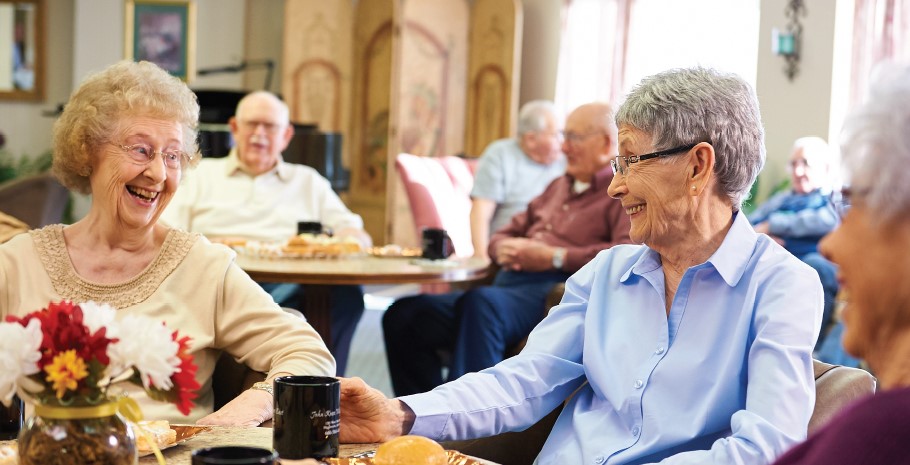Importance of Socialization For Seniors
For many older adults, staying connected and engaged isn’t as easy as it used to be. They’re not going into the office anymore. Their kids have their own busy lives or have moved away. And mobility problems, hearing loss, or poor vision make getting out difficult.

Social isolation and loneliness pose serious health risks for older adults, including a higher risk of developing heart disease, stroke and dementia. Left unchecked, isolation and loneliness can lead to depression and anxiety. It could even shorten your lifespan. Social isolation and loneliness are equivalent to the risk of smoking 15 cigarettes a day.
How to Combat Social Isolation
If you know someone who’s struggling, pick up the phone and ask how they’re doing. The sound of your voice could be just what the doctor ordered. If friends and family have an iPhone, iPad or Apple computer, use FaceTime to make a video call. Or set up a Zoom account and invite friends to join you for a virtual get-together. Do whatever you can to connect with people safely. The importance of socialization for seniors can’t be underestimated.
The Benefits of Being Social
Staying connected and engaged reduces stress and anxiety levels, which lowers your risk for a host of age-related health issues, including cardiovascular problems, some cancers, osteoporosis and rheumatoid arthritis. Being social may even reduce the risk of Alzheimer’s disease.
A Strong Sense of Community
A strong sense of community helps keep people involved. Look for a community that welcomes you and treats you like you’ve been there forever. Look for communities that have activities you can get involved in if you want to and a strong circle of fellow residents and staff members that treat each other with respect and inclusion.
